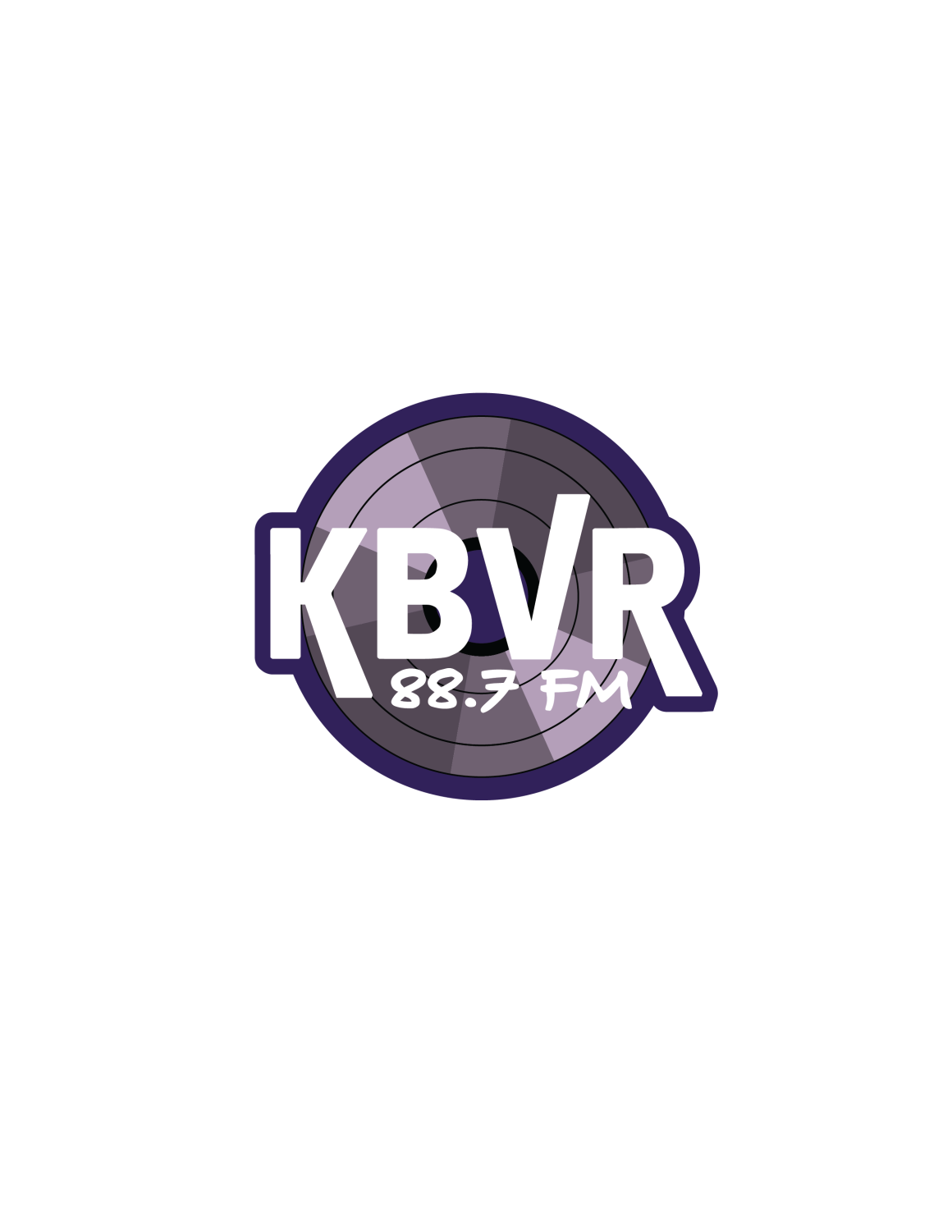If you walk into any grocery store today and find yourself in the beverage aisle, you’ll be able to find all sorts of “prebiotic” sodas touting ingredients like inulin that claim to improve gut health. Many of us are familiar with probiotics and the gut benefits of fermented or cultured foods that contain beneficial bacteria, but prebiotics are a little different. Prebiotics are typically nondigestible fiber compounds that pass undigested through the upper part of the gastrointestinal tract and function as a food source for your gut’s microorganisms.
However, it is unclear what the effects of prebiotics are on the human gut microbiome, and more specifically, how diet influences these effects. This is exactly what Emilee Lance, second year PhD student in the department of microbiology, is aiming to understand. Under the guidance of PIs Ryan Mueller and Tom Sharpton, Emilee is working on understanding how the gut microbiome is affected by prebiotics like inulin, and the impact that diet can have on prebiotic efficacy. Using a gut simulator called a SHIME (The Simulator of the Human Intestinal Microbial Ecosystem) she is able to totally control the initial microbial environment, diet, and




